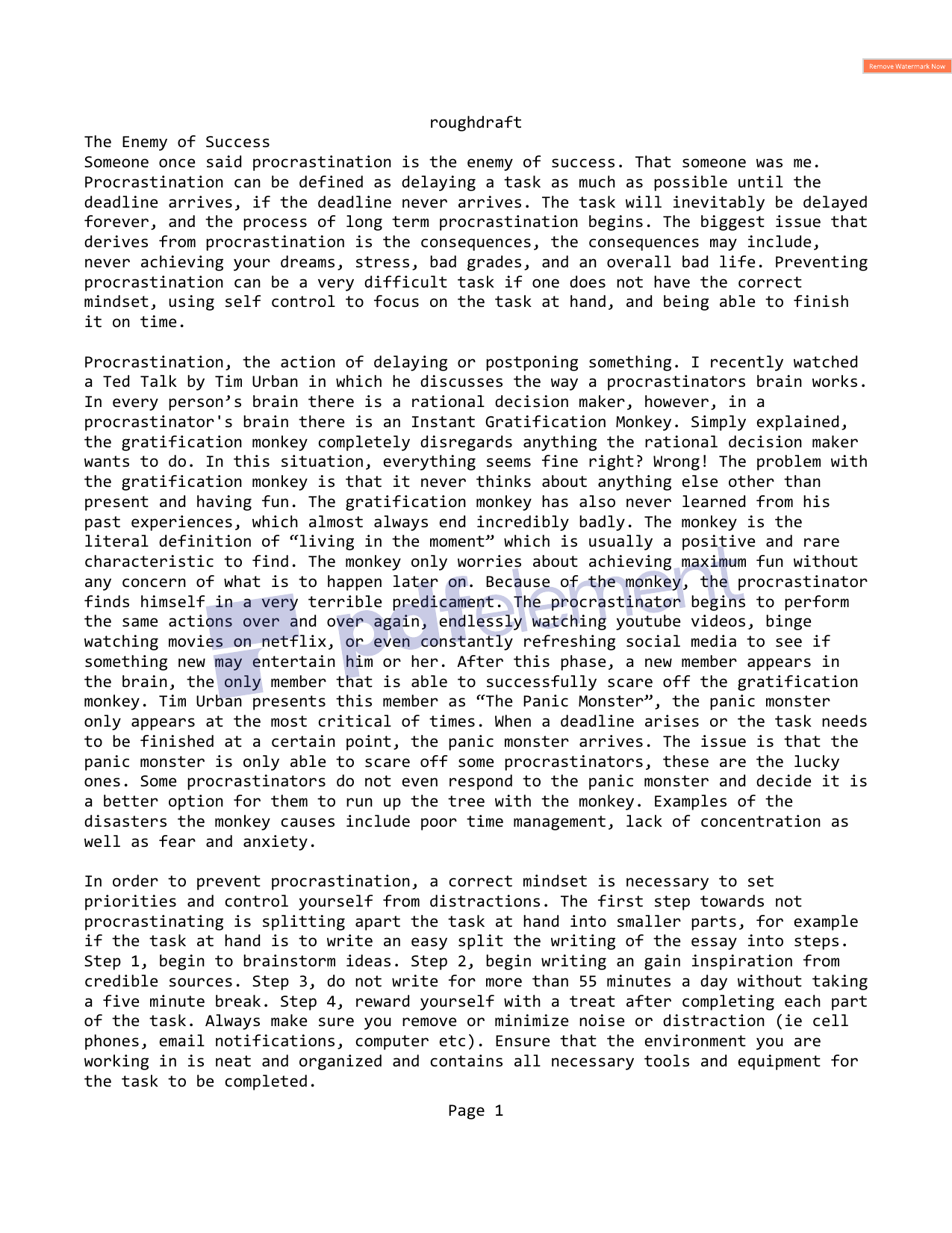Breaking Down Procrastination, Emotional Dependency, and Impostor Syndrome
Breaking Down Procrastination, Emotional Dependency, and Impostor Syndrome
Blog Article
In our daily lives, we often encounter psychological obstacles that affect our procrastinadores significado well-being and success. Among the most common issues are procrastination, emotional dependency, and impostor syndrome. These problems not only disrupt personal and professional life, but addressing them can lead to significant personal improvement.
In this article, we’ll explore what these issues are, why they occur, and effective strategies to manage them. By gaining this knowledge, you can take control of your habits and live a more fulfilling life.
What is Procrastination?
Procrastination is the tendency to postpone tasks or decisions that require immediate attention. This behavior is often linked to emotional and psychological factors.

Studies reveal that procrastination is rooted in the brain’s preference for short-term rewards. People often procrastinate when they feel unmotivated or overwhelmed. Recognizing these triggers is essential to addressing the issue effectively.
How Emotional Dependency Affects Relationships
Emotional dependency occurs when someone relies heavily on others for a sense of security and happiness. While building relationships is fundamental, excessive emotional dependency can harm both the individual and the relationship.
People with emotional dependency often feel insecure without constant reassurance. It is usually linked to early attachment patterns, such as a fear of abandonment or low self-esteem. Therapy and self-reflection can help reduce dependency and promote emotional balance.
The Effects of Impostor Syndrome on Self-Confidence
Impostor syndrome refers to the internalized fear of being exposed as a fraud. Despite evidence of competence, individuals with impostor syndrome attribute their achievements to luck or external factors.

This mindset can lead to chronic stress, low self-confidence, and missed opportunities. Research suggests that addressing impostor syndrome requires practicing self-compassion and recognizing personal achievements.
Practical Tips for Personal Growth
If you want to improve your habits and mindset, consider implementing the following strategies:
- For procrastination: Set small, manageable goals and use tools like to-do lists or time-blocking techniques.
- For emotional dependency: Focus on building self-esteem through activities like journaling, therapy, or mindfulness practices.
- For impostor syndrome: Document your successes and remind yourself of past accomplishments regularly.
The key to lasting change—adopt these habits gradually to create long-term improvement.
Breaking Free from Mental Barriers
These common psychological challenges can be overcome with dedication and the right tools. When you take proactive steps to address these issues, you can achieve significant personal growth.
Begin today—pick a single habit to focus on and commit to making gradual progress. You’ll notice meaningful changes in how you approach challenges and opportunities.
Report this page